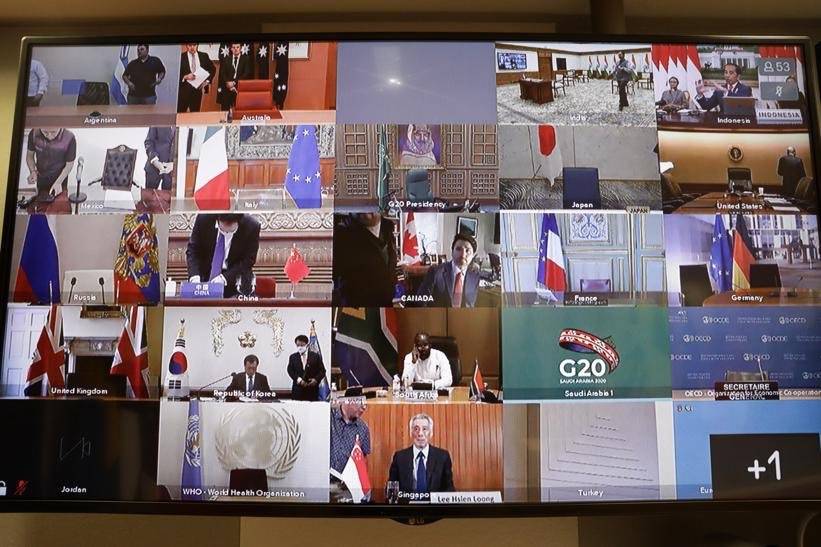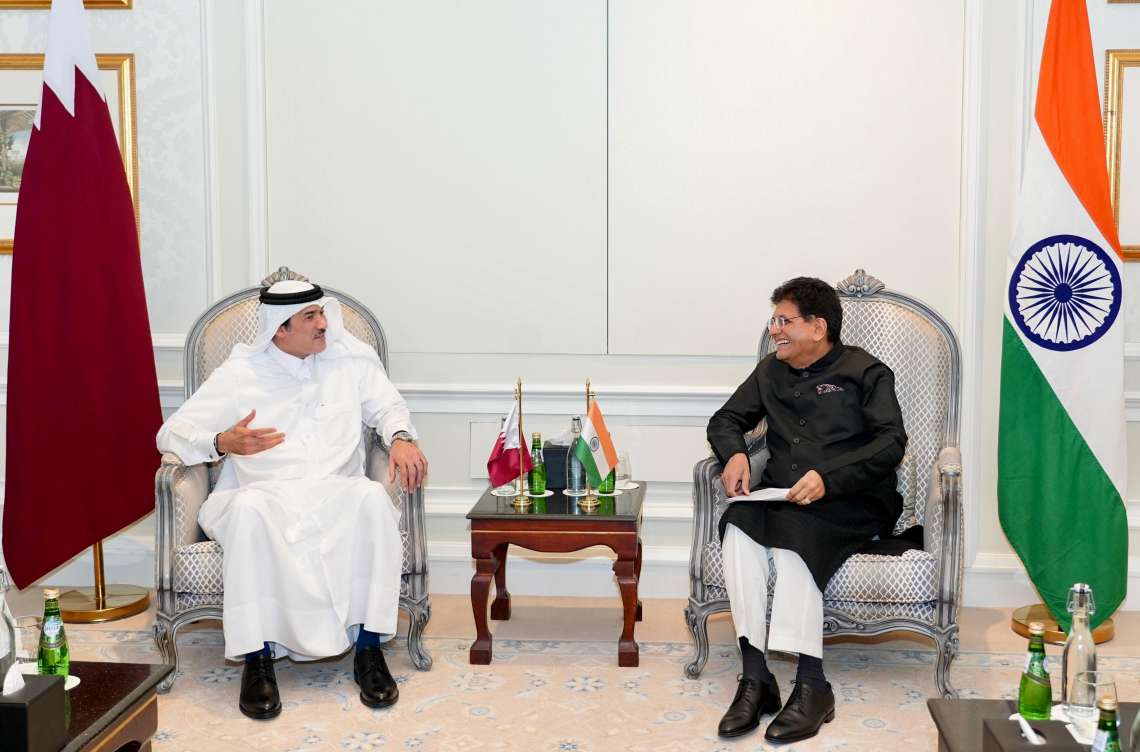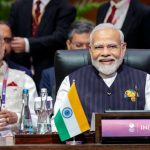The G20 Energy and Climate Joint Ministerial Meeting 2021 was held under the Italian Presidency on July 22 and 23 at Naples…reports Asian Lite News
India has pushed for stronger action by rich countries for bringing down per capita emissions at the G20 climate ministerial that concluded in Italy on Saturday, but experts back home are sceptical and have demanded matching action on ground.
The G20 Energy and Climate Joint Ministerial Meeting 2021 was held under the Italian Presidency on July 22 and 23 at Naples, and saw Energy and Environment Ministers from the G20 nations deliberate upon the pressing issue.
The Indian delegation was represented by Ministry of Power and Ministry of Environment, Forest and Climate Change, with the ministers participating virtually.
At the end, India issued a statement: “We have noted the pledges made by some countries to achieve ‘Net Zero GHG emission’ or carbon neutrality by or around mid-century. However, this may not be adequate in view of the fast-depleting available carbon space. Therefore, and keeping in view, the legitimate need of developing countries to growth, we urge G20 countries to commit to bringing down per capita emission to global average by 2030.”
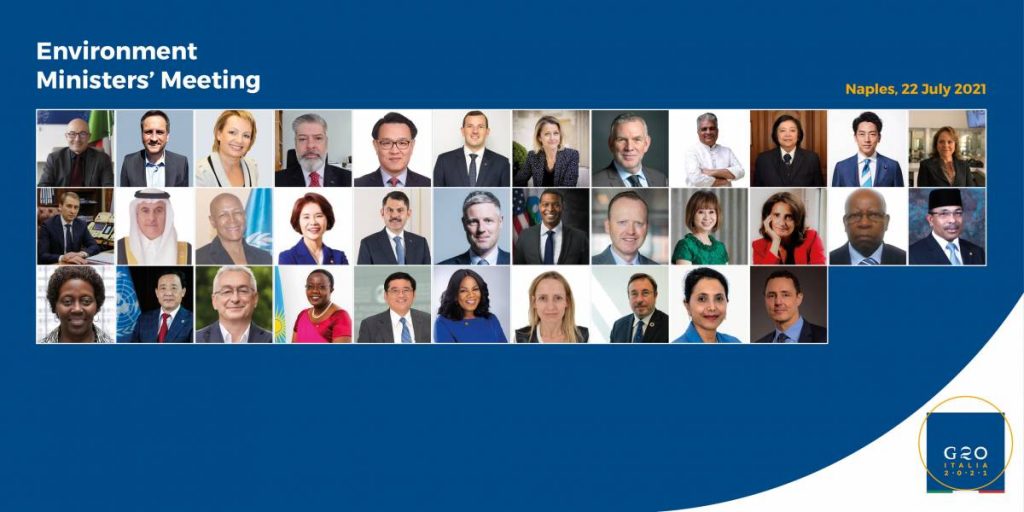
Ahead of the United Nations Framework Convention on Climate Change (UNFCCC) conference to be held at UK’s Glasgow in November this year, this is India’s stand against the developed, rich countries that occupy about 70 per cent of carbon space.
“India has always said that developed countries are changing the goal posts, they should cut their emissions more, India and BASIC countries (Brazil, South Africa, India and China) have been saying so since Copenhagen (COP15, the UNFCCC climate conference at Copenhagen in 2009). There has been no dramatic change in India’s stand,” think tank International Forum for Environment, Sustainability and Technology (iForest) CEO Chandra Bhushan said.
Pointing out that India needs to recognise that the original grouping for BASIC doesn’t hold any ground now, he said: “China alone now accounts for 1/3rd of the global emissions. It does not make sense for India to defend China. And because we are bracketed together, China is able to pass itself as a developing country. This is the biggest mistake we are doing, this grouping of India and China together in climate negotiations is doing more harm to India than good.”
Climate activist from Public Advocacy Initiatives for Rights and Values in India (Pairavi), Soumya Dutta said: “This is just a statement from India, there is no matching action on the ground – at policy level, at the government’s economic level; everything is counter to that (India’s statement).”
Most of the new infrastructure which is carbon-intensive is coming up in developing countries and the funding for it comes from rich countries, he added.
Echoing the sentiment, senior researcher at the Centre for Policy Research (CPR) Kanchi Kohli said: “India cannot step back on its own responsibility to cut down carbon emissions while demanding the G20 countries free up carbon space.”

“The post-Covid economic expansion in India relies heavily on fossil fuel expansion and leniency towards carbon emitting projects like coal-based power generation. Our commitment to address climate change should be our own commitment, rather than a reaction to, or in comparison of what other G20 countries are proposing,” she added.
At the meet, Indian Environment, Forests and Climate Change Minister Bhupender Yadav had underlined the need to cut absolute emissions rapidly while taking into account the Paris Agreement, which emphasised on respective historical responsibilities, delivery of promised climate finance and technologies at low cost keeping in perspective per capita emissions, differences in per capita GDP, and the unfinished agenda for sustainable development.
Asserting that common but differentiated responsibilities to combat climate change, as per respective capabilities and national circumstances, lies at the heart of the UNFCCC & its Paris Agreement, Yadav said: “We should not be shifting goalposts and setting new benchmarks for global climate ambition.”
Power and New and Renewable Energy Minister R.K. Singh apprised the delegates from the G20 countries of the significant progress made by India in meeting its Nationally Determined Contributions (NDC) targets while staying committed to meeting its climate goals under the Paris Agreement.
Against the targeted emission reduction of 33-35 per cent by 2030, India has already achieved emission reduction of 28 per cent over 2005 levels and at this pace, it is all set to exceed its NDC commitments before 2030, the meeting was informed.
NDCs are at the heart of the Paris Agreement which requires each country to outline and communicate their post-2020 climate actions.
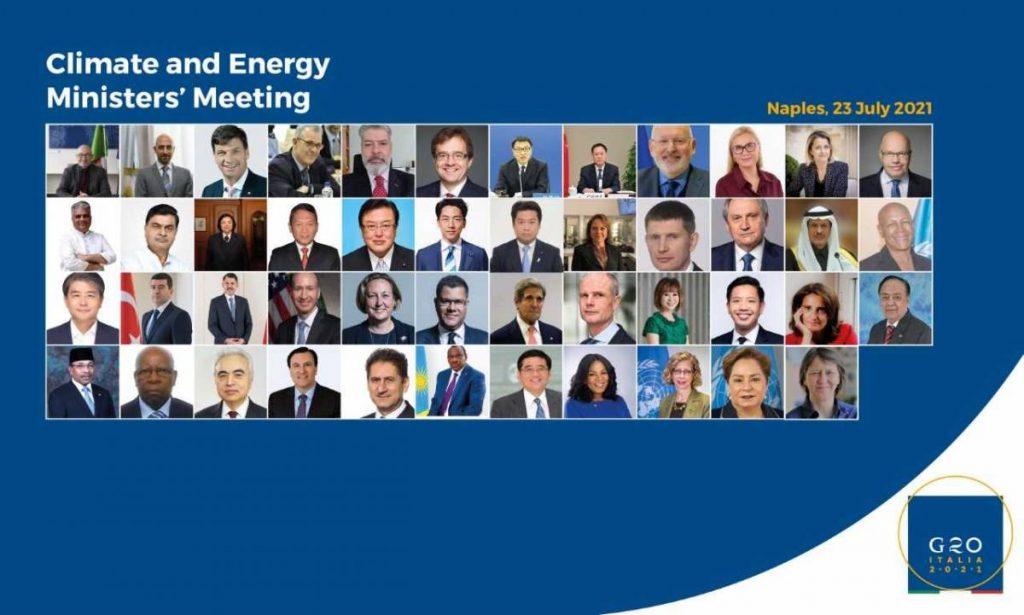
The G20 communique concluded: “Mindful of the interconnectedness of poverty, health, economic and environmental challenges, we commit to a just and equitable transition to sustainable economies, leaving no one behind, whilst taking into account the different levels of development and capacity of countries. We encourage the provision of financial, technological and capacity building support to developing countries especially to the least developed countries, making the best use of existing governance frameworks and working to identify new and innovative solutions. Recalling the principles of the Rio Declaration and recognising that we face different challenges, we will strengthen our international cooperation towards sustainable development.”
But Bhushan reminded that climate of today is not the climate of 1991 when UNFCCC was signed and that the developed countries have postponed their actions for a long time. “(But) what has happened to India over the last 10 years is devastating our economy, it is killing people. So, it is in India’s interest to move to modern technology. Why should India remain in polluting technology? India should not be afraid of ‘Net Zero’.
According to the Intergovernmental Panel on Climate Change (IPCC), global carbon emissions should decline by about 45 per cent by 2030 to restrict the global temperature rise to 1.5 degrees Celsius (compared to the pre-industrial temperatures from the 1880s). If the countries cut emission, net zero is likely to be achieved around 2050.
Dutta offered a hope in the context of very different circumstances. In view of the massive floods in Germany, and extreme weather events such as increasing number of hurricanes along the US coast, there is some public pressure building in both the US and Europe. “I hope some kind of pressure will be on those leaders from their own voters. That might change their actions to much greater extent than what Modi or India says,” Dutta added.

